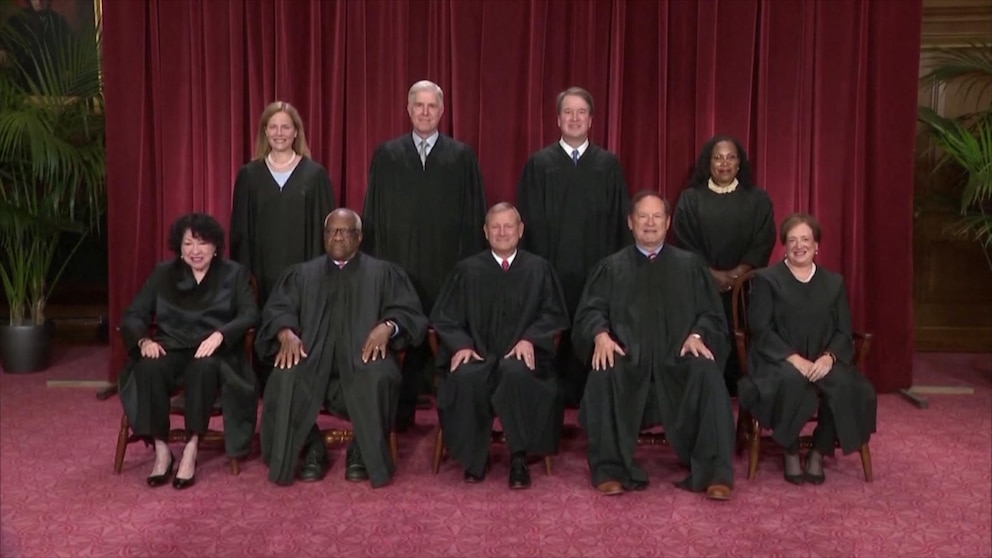Supreme Court Showdown: The Battle Over Free Preventive Healthcare Heats Up

Dr. Zeke Emanuel, a key architect of the Affordable Care Act (ACA), is closely watching as the Supreme Court considers a potentially landmark case that could dismantle no-cost preventive health care benefits. The hearing represents a critical moment for millions of Americans who have come to rely on these essential healthcare provisions.
As one of the original designers of Obamacare, Emanuel brings unique insight into the potential implications of this legal challenge. The case threatens to eliminate critical preventive care services that have been a cornerstone of the ACA, including free screenings, vaccinations, and wellness check-ups that have helped countless Americans access vital healthcare without financial burden.
The Supreme Court's decision could dramatically reshape the healthcare landscape, potentially rolling back protections that have made preventive care more accessible and affordable for millions. Emanuel's perspective offers a crucial understanding of what's at stake—not just in legal terms, but in real-world health outcomes for everyday Americans.
This challenge underscores the ongoing legal and political debates surrounding healthcare access, highlighting the delicate balance between policy, law, and public health that continues to define the American healthcare system.
